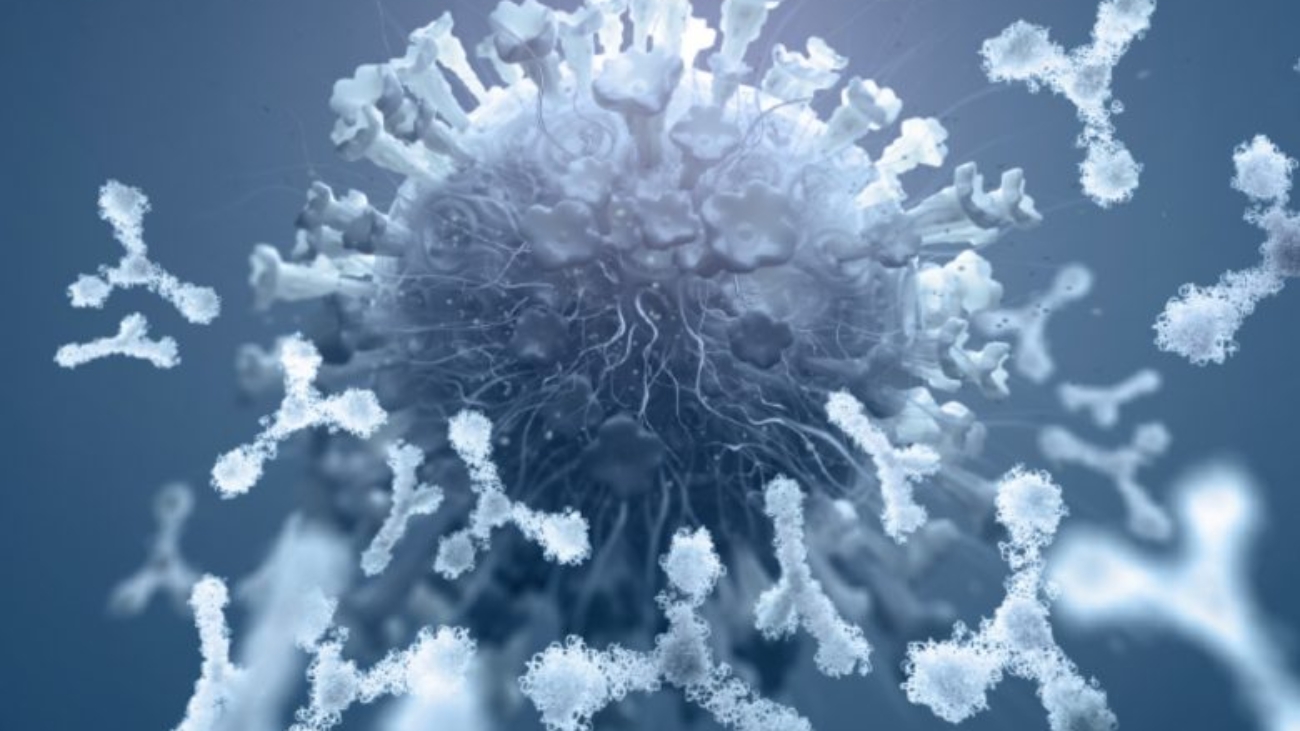Prellis Biologics, a biotherapeutics company utilizing its proprietary, high-resolution bioprinting technology to recreate and engineer human tissues in vitro, has appointed Michael Nohaile, PhD as its new CEO, and has raised a $35 million Series C funding round, co-led by Celesta Capital and Avidity Partners with participation from Khosla Ventures, SOSV, True Ventures, and Lucas Venture Group. Dr. Michael Nohaile joins the company from Generate Biomedicines and succeeds Prellis Biologics founder Dr. Melanie Matheu, who will assume the role of Chief Technology Officer and retain a Board seat.
The new investment brings Prellis Biologics’s funding to $64.5 million, to date. The capital will be used to expand the company’s proprietary, first-in-class human immune system-based drug discovery and development platform, EXIS (Externalized Human Immune System).
“I am honored to join the Prellis Bio team and to partner with Melanie and the entire Prellis team to further build on their inspiring vision for the next generation of medicines,” said Dr. Michael Nohaile. “This new chapter and investment will enable our team to bring better medicines to patients who desperately need them.”

Prellis Bio was founded in 2016 by Dr. Melanie Matheu. The leadership team’s experience spans senior positions at Merck, Johnson & Johnson, and GSK. Dr. Michael Nohaile brings deep industry experience and expertise in leveraging innovative technologies for therapeutic discovery and development. Prior to his role as Chief Scientific Officer of Flagship company, Generate Biomedicines, he was SVP of Strategy, Commercialization, and Innovation at Amgen, and Global Head of Molecular Diagnostics at Novartis.
Prellis Bio’s industry-leading two-photon holographic technology supports 3D printing of large, complex tissue co-culture systems, such as LNOsTM (Lymph Node Organoids) that recapitulate human immune responses in vitro. The EXIS platform incorporates LNOs for the discovery of fully human antibodies with broad genetic diversity in as little as three to four weeks. In addition, EXIS enables assessment of immunogenicity in response to therapeutic candidates.
Manufacturing on Demand
“The LNO technology represents a significant breakthrough in access to human immunobiology. Previously, immune cells were expected to respond without the biological context of a functional lymph node,” said Dr. Melanie Matheu. “With 3D printed LNOs, we have the opportunity to accelerate drug discovery and development, while acquiring data on human immune responses all outside of the context of a clinical trial.”
The company will also add two new board members – Lei Meng, Senior Therapeutics Analyst of Avidity Partners, and Nobel Prize winner James Rothman, PhD the Sterling Professor of Cell Biology at Yale University.
“The multi-billion-dollar antibody therapeutics market is held back by slow discovery. Until now, data on human immune response to guide development of effective drugs or vaccines has only been available through large, expensive clinical trials,” said Michael Marks, Prellis Bio Board Chairman and Founding Managing Partner of Celesta Capital. “Prellis Bio’s platform dramatically accelerates the discovery and delivery of developable, high-affinity human antibodies.”
“Prellis Bio’s differentiated LNOs generated by holographic two-photon 3D printing technology have the potential to transform the landscape of antibody discovery and preclinical assessment of biologics,” said Lei Meng, Senior Therapeutics Analyst of Avidity Partners. “We are proud to support the company’s efforts in realizing the full potential of its compelling and versatile technology platform to develop therapeutics addressing important unmet medical needs.”
Earlier this year, Prellis Bio announced collaboration and licensing option agreements with Sanofi and Bristol Myers Squibb.
You might also like:
BellaSeno starts clinical trials of resorbable chest and breast implants: The first trial is expected to enroll 10 patients with pectus excavatum, a common congenital chest wall deformity in which the breastbone is sunken into the chest. The principal investigator of this trial is Dr. Michael Wagels, Director of the Herston Biofabrication Institute (HBI), Specialist Plastic and Reconstructive Surgeon at the Princess Alexandra Hospital, Director of the Australian Centre for Complex Integrated Surgical Solutions (ACCISS) and Senior Lecturer at the University of Queensland. BellaSeno already published first-in-human data in 2021, demonstrating that its implant was able to camouflage a pectus excavatum defect not reconstructable by conventional techniques.
* This article is reprinted from 3D Printing Media Network. If you are involved in infringement, please contact us to delete it.
Author: Edward Wakefield


Leave A Comment